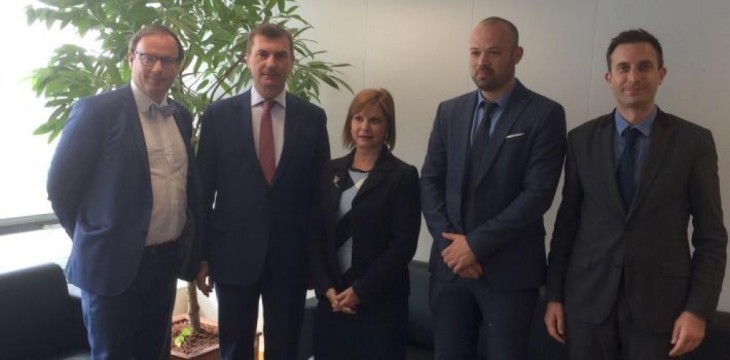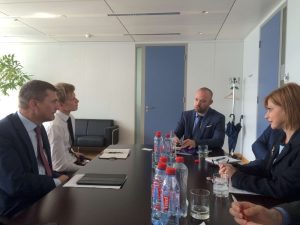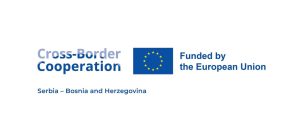European regions in cooperation with the European Commission for joint implementation of the Digital Single Market and promotion of the full implementation of e-government

Andrus Ansip, European Commission Vice-President for the Digital Single Market met with the delegation led by Dr Hande Özsan Bozatli, President of the Assembly of European Regions (AER) (Region Istanbul, Turkey), and accompanied by Mathieu Mori, Secretary General of AER, Magnus Berntsson, Vice-President of AER (Region Gotland, Sweden) and Mitar Vasiljević (AP Vojvodina, Serbia) on 19th May 2016 at the headquarters of the European Commission. The aim of the meeting was to define opportunities for cooperation between European regions on the promotion and implementation of the Digital Single Market (DSM).
Andrus Ansip expressed his willingness to join forces on the DSM promotion and, in particular, the concept of e-government, which could contribute to GDP growth of Member States with EUR 415 billion euros if implemented fully. He pointed out that DSM Strategy would contribute to transparency, efficiency and inclusiveness of the European economy, and that the best example was Estonia, which had promoted and used the advantages of e-government for more than 10 years, with the remark that it took six years to achieve the number of one million smart ID cards in the country with 1.3 million inhabitants, while producing 1.3 million digital signatures per week. In the last parliamentary elections in Estonia, 32% of residents voted electronically. In his view, the state needed to have all the information and all institutions needed to share it, meaning that a citizen needed only once to submit his/her data, as well as in case of data change. Everything else was the responsibility of the authority, which had to be effective and rapid in their work. The Commission Vice-President pointed out that in Sweden, Finland and Estonia electronic prescriptions were issued in 100% of the cases. On the other hand, a printed version was needed to collect a prescription in another Member State. It would change with the full DSM implementation. He pointed out that several issues in the DSM development needed to be solved, among others, copyright issues, after which the expected gain for European economies would be measured in hundreds of billions of euros.
The participants in the meeting underlined their interest in including the policy in AER priorities, which was already engaged in the promotion of projects in the framework of e-health, since the regional level of government could quickly operationalize the defined objectives given its close communication with citizens. The Vice-President reiterated that the creation of the DSM required additional energy and time and it was necessary to understand the whole process, because there were voices against it. In order to prevent professionals and companies, not wishing to operate on the fragmented market, from leaving, primarily to the USA, which had DSM, it was necessary to invest further efforts in the implementation of the European strategy. A positive example in the given direction was the complete abolishment of roaming charges in the EU as of 15.6.2017.






